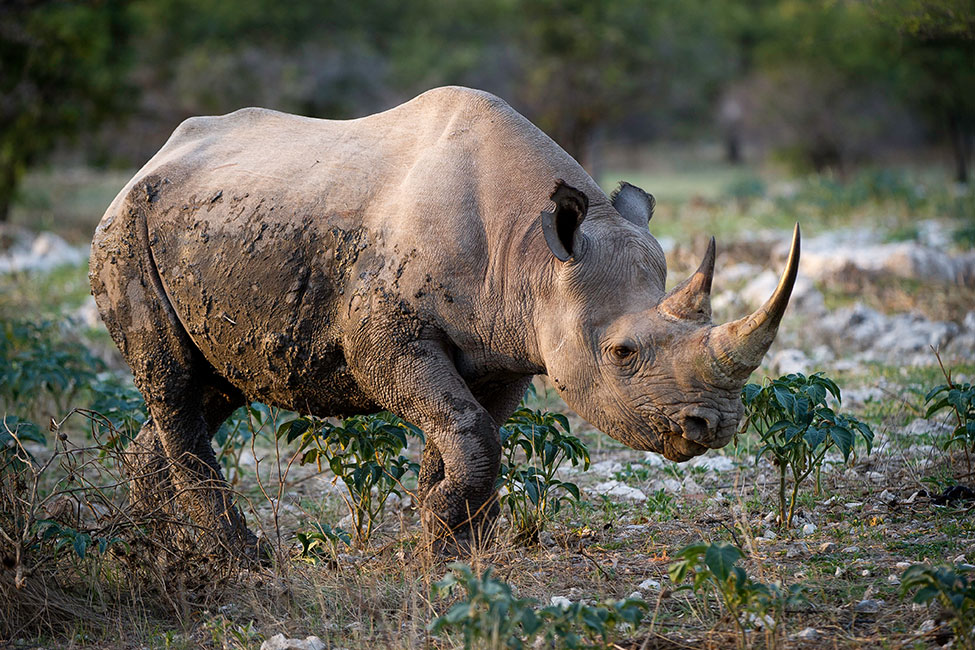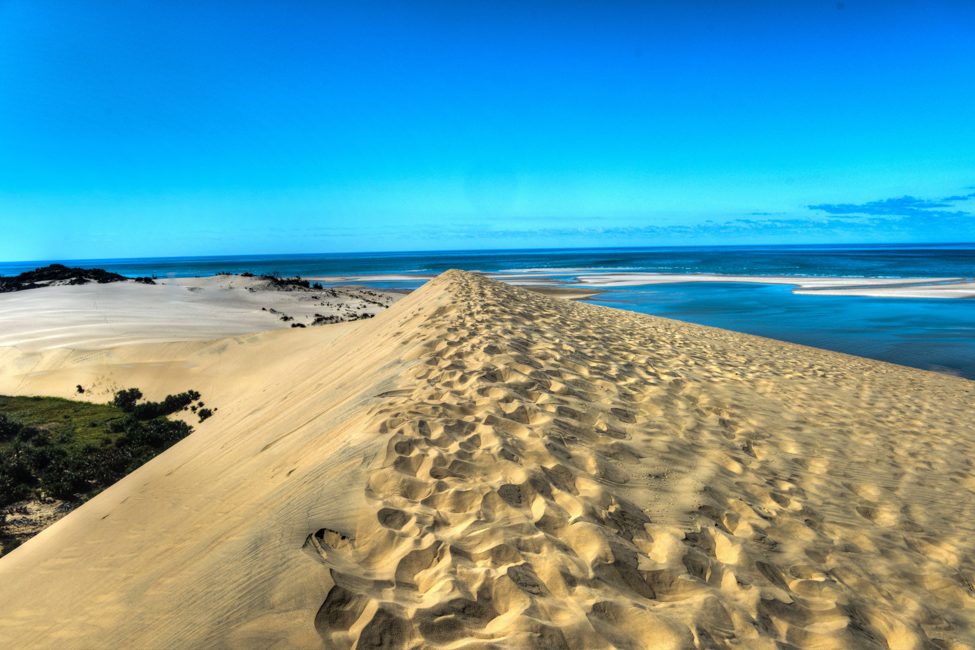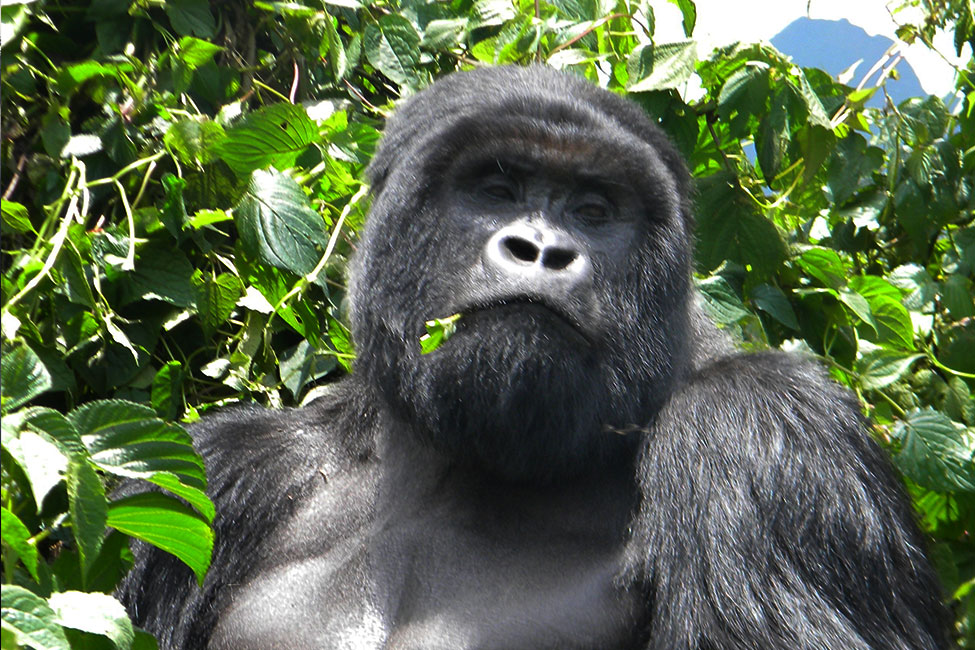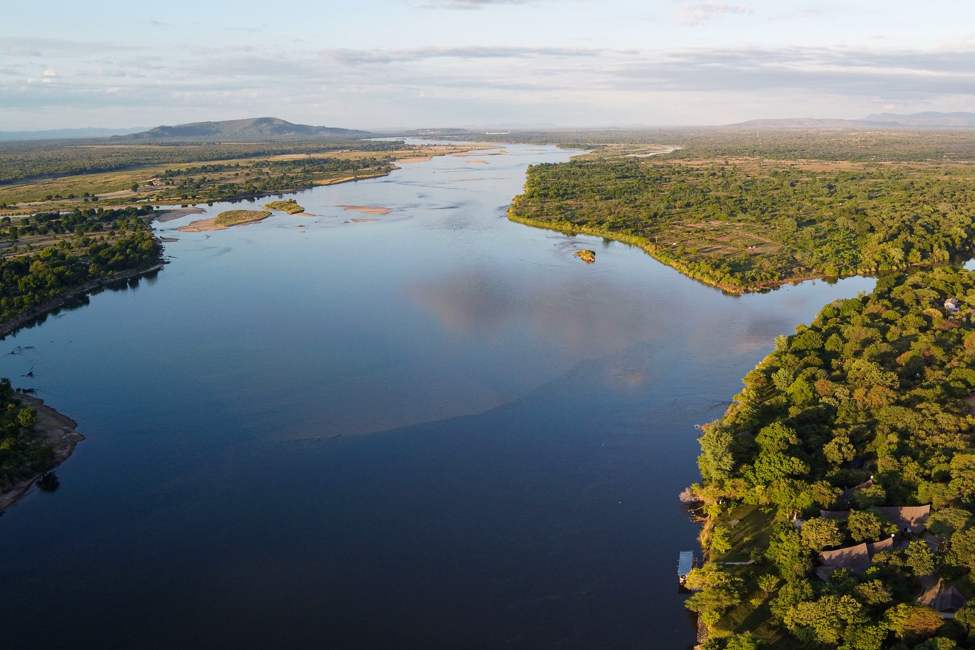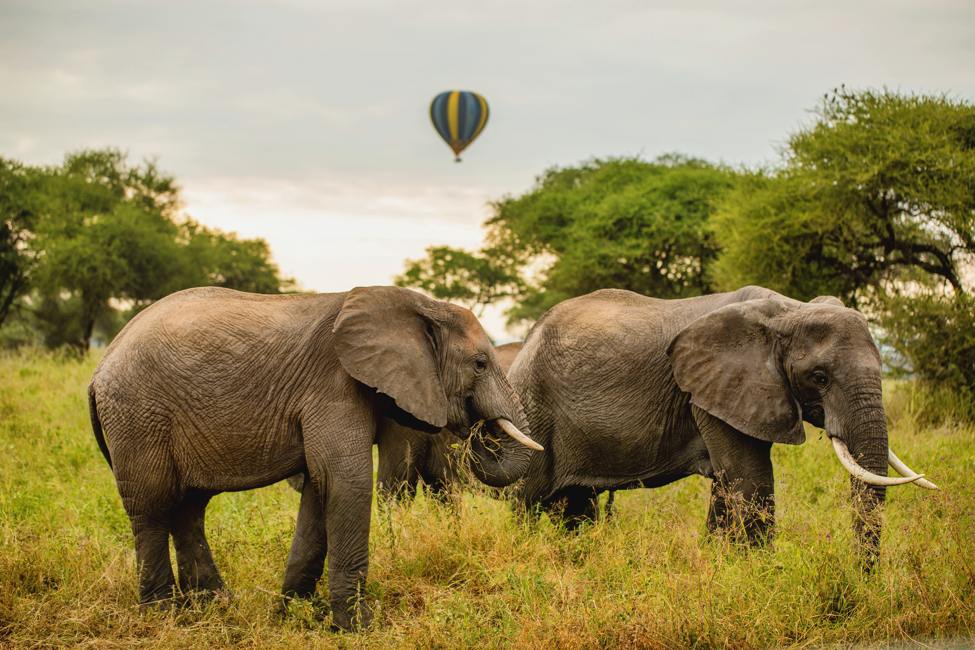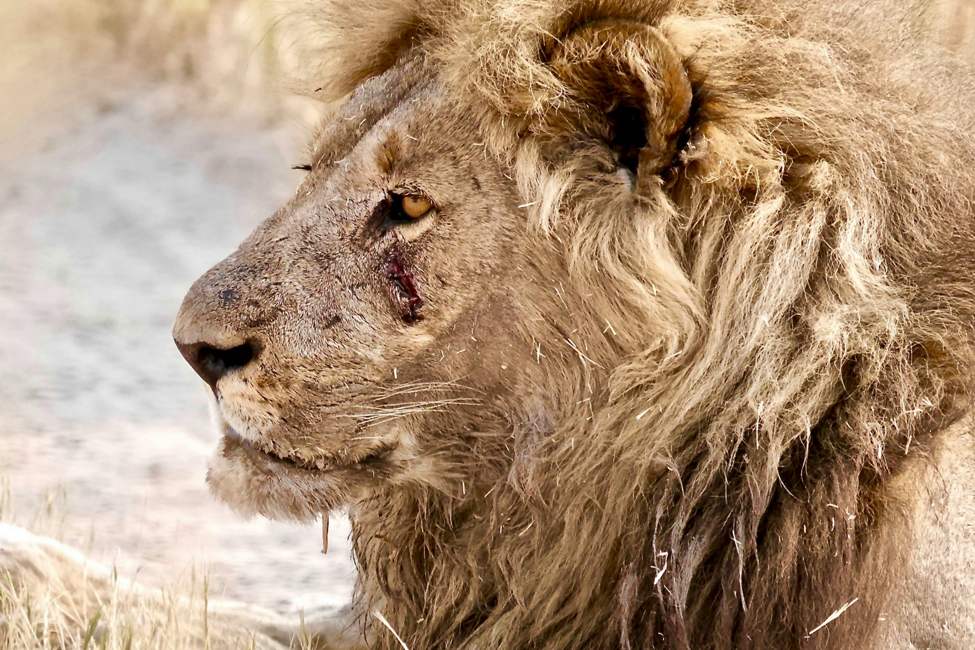Tipping on Safari: Your Complete Guide
Embarking on a safari introduces you to breathtaking wildlife encounters, stunning landscapes, and unforgettable adventures. But amid the excitement of exploring, it’s essential to navigate cultural nuances—including the practice of tipping.
Tipping acknowledges the hard work of the people who contribute to making your safari experience extraordinary. In this blog post, we’ll delve into the ins and outs of tipping while on safari in Africa, offering insights into who to tip, how much to tip, when tipping is appropriate, and specific tipping practices for the most popular safari countries.
Whether you’re trekking through the wilderness with a knowledgeable guide or enjoying the comforts of a beach resort, understanding tipping etiquette ensures that your gratitude is expressed thoughtfully and respectfully throughout your journey.
Why you should tip on safari
In the United States, tipping at restaurants and for some other services is an expected part of the transaction. In Africa, tipping is less common. But you can give tips to express appreciation for a person’s helpfulness and their contribution to making your safari memorable.
It’s also important to know that tips make a substantial difference to livelihoods, families, and even communities. For example, the income and tips of the typical worker at a private game reserve in South Africa directly and indirectly supports 12 people in their village. And in Mozambique, the average annual income hovers around $500, but people need $1,500 to $2,200 to have all their basic needs met depending on where they live—so tips make a huge difference.
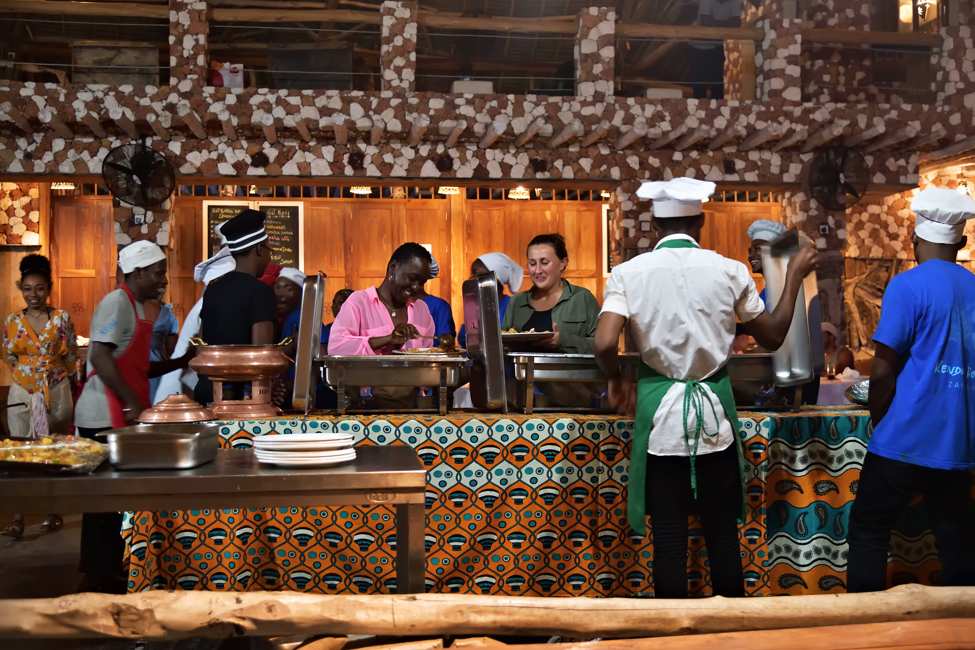
Restaurant staff on the Tanzanian island of Zanzibar prepare a vibrant meal.
Why you should tip in local currency
Travelers from the United States often expect to be able to tip the way they do at home—in U.S. dollars, and typically using a credit card.
While some safari lodges and camps may accept tips in foreign currency or credit cards, this is the exception, not the rule. Hard local currency is almost always more convenient for recipients. When you give tips in U.S. cash, workers often need to exchange it for the local currency before it’s useful to them. And that can be quite a challenge, especially in remote and rural areas. It can take all day—or longer—to travel to a bank or foreign currency exchange. Time spent traveling to exchange money is time they could have spent with their families or earning money. (The most notable exception is Zimbabwe, where the U.S. dollar is an official currency and widely used.)
When and how to tip on safari
When traveling domestically, Americans are used to tipping when the service occurs. On safari, it’s different. When staying at a lodge or tented camp, tip at the end of your stay. Similarly, when you’re traveling with a guide for several days, tip them at the end of your time together.
If traveling in a group, pool your tips whenever possible before giving them. Obviously, this doesn’t apply if you are having a meal on your own in a restaurant. But it’s a great idea when tipping activity leaders such as trip guides, rangers, trackers, and boat captains.
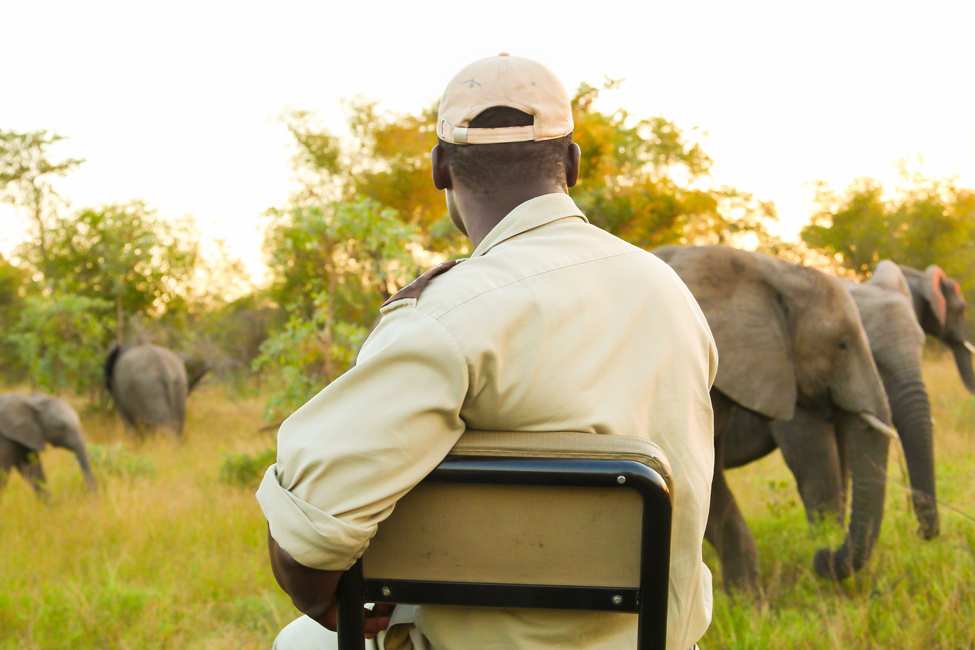
Who to tip on safari
On your safari, you may wish to tip guides, drivers, trackers, cooks, housekeepers, luggage carriers, waitstaff, or others. While tips are accepted by many of these people, there are exceptions. Some lodges, for example, have policies against tipping individual staff members. If that’s the case, you can usually give a group tip to be split among all lodge workers when you check out.
Tipping is never required. But tipping is a great way to show someone you appreciate their service. And if you feel that someone went above and beyond to enhance your safari experience, you may consider tipping them more generously.
How much to tip
Tipping practices can vary depending on the country and the specific services provided. Here are some general guidelines for tipping while on safari in Africa (amounts are in U.S. dollars, but tips should be given in local currency):
- Driver: The person that drives you from the airport to your lodge or vice versa can be tipped $3 to $5 per person per transfer.
- Porters: If porters assist you with luggage at airports, lodges, or camps, tip them around $1 to $2 per bag.
- Trip Guide: Sometimes called a driver-guide, this person accompanies you throughout your journey and plays a crucial role in your experience, providing insights into wildlife and culture, ensuring your safety, and enhancing your overall enjoyment. A common recommendation is to tip your trip guide between $10 to $20 per person per day.
- City guide: This person takes you around during your stay in an African city and tells you all about local landmarks, history, and culture. Tip them $10 per traveler per day.
- Lodge guide or ranger: These guides work at a specific lodge. They share with you a wealth of knowledge about local wildlife and lead you to sightings on game drives and walks you could never get on your own, so tip them well—we recommend $10 to $20 per traveler per day.
- Camp or lodge staff: Many lodges recommend a pooled tip during check-out, which is then fairly divided among all staff members. The amount of tip can vary. A good starting point is $5 per night.
- Trackers on game drives: Trackers support safari guides by using environmental cues to find interesting animal sightings. Tip them around $3 to $5 per person per day.
- Restaurant staff: If a gratuity is not already included in the bill, you can leave a tip of 10% to 15% of the total bill amount. (This is for restaurants only, not meals included as part of your stay at a game lodge—include gratuities for lodge waitstaff in your staff tip at the end of the stay.)
- Other services: Depending on your itinerary, you may encounter other service providers, such as boat captains or local guides at a World Heritage Site. Tipping for these services can vary but is typically around $5 to $10 per traveler for a one- to four-hour excursion.

Tipping by country
To account for fluctuating exchange rates, we list the amount of the tip in U.S. dollars for most countries. Keep in mind, however, that you should use the local currency in almost all cases. (You can find up-to-date currency conversions at xe.com.)
Tips are per traveler, unless otherwise specified. So if you’re traveling as a couple, you would double the amount of the tip. Finally, if you’re unsure about tipping norms in a particular area, feel free to ask Ujuzi or your trip guide for advice.
Botswana
For a group guide in Botswana, tip around $10 per day, while for a private guide, a tip equal to $20 per day is appropriate. Mokoro polers, trackers, and butlers typically receive around $5 per day. It’s customary to leave a group tip of $5 per night for lodge staff.
Kenya & Tanzania
At hotels, a fixed service charge is typically included in the overall price. But you’re more than welcome to show your appreciation to any staff members who go above and beyond. In addition, tip the equivalent of about $1 to porters. Tip your trip guide the equivalent $10 or more per day.
Note: In recent years, lodge staff in Tanzania have increasingly accepted tips in U.S. dollars. However, regulations that went into effect in 2025 require all transactions to be conducted in Tanzanian shillings. We also advise using local currency in Kenya.
Madagascar
Show your appreciation by tipping your trip guide around 15,000 to 20,000 ariary and driver 5,000 to 10,000 ariary for each day. For guides who lead you through parks and local attractions for a few hours, a tip ranging from 2,000 to 10,000 ariary per day is appreciated.
Avoid tipping taxi drivers. Instead, pay what you agreed upon before the drive began.
Tipping is not part of the restaurant culture in Madagascar, but at restaurants geared to tourists, you can tip up to 5% to 10%. For baggage handlers or porters, tip 1,000 to 2,000 ariary per bag.
If your lodge doesn’t have a policy against tipping individual staff, give your housekeeper 1,000 to 2,000 ariary per day as a tip.
Malawi
The suggested amount for a communal tip at the end of a lodge stay is around $10 per night. For your driver-guide and local guides, a tip of $5 and up per day is appreciated. Ujuzi suggests around 10% of the bill at tourist restaurants.
Mozambique
For hotel and lodge staff in Mozambique, you can leave the equivalent of $5 per traveler per night at the end of your stay. For baggage handlers, offer $1 per traveler.
Namibia
In contrast to many other African countries, tipping is an established part of Namibian culture. Pay in the local currency (Namibian dollars) or South African rand. Prices listed in this section are in U.S. dollar equivalents, not Namibian dollars.
A good starting point for tipping specialist guides is the equivalent of $10 to $15 per day. You can tip camp and lodge guides about $5 to $10 per day. When it comes to mokoro paddlers, trackers, and transfer drivers, consider tipping around $5 per traveler per day. Communal staff tips at lodges and hotels are also typically $5 per night, paid at the end of the stay. For porters, tip $2 for each room they deliver to.
If you’re on a self-driving safari, you can often hire a car guard in cities to prevent theft or vandalism. It’s standard to tip car guards the equivalent of $1. If your parking meter runs out and they refill it, reimburse them for the amount and tip $2. At gas stations, you can tip attendants $1 for extra services like window cleaning. Do not tip just for refueling.
At restaurants, tip 10% to 15%.
Rwanda
On gorilla treks in Rwanda, tip each guide or ranger the equivalent of $10 to $25 and each tracker $5 to $10. Another option is to give a lump sum to the lead guide in front of the other guides and ask for it to be split among them. A final option is to leave your tip in the tip box that is available at most national park headquarters.
Tip lodge or hotel staff $3 to $5 per night at the conclusion of your stay. Depending on the lodge, you can tip individuals directly or offer a collective tip to the entire staff. Tip baggage handlers around $1 per traveler. At restaurants, you can tip up to 10%.
South Africa
Unless a service charge is included in the bill, tipping at restaurants is common in South Africa—usually 10% to 15%.
At a luxury safari lodge or private reserve, generally tip your guide 200 to 300 South African rand and trackers R100 to R200 per family per day at the end of your stay. For the rest of staff, leave a communal daily tip of R50 to R150 at the end of your stay. Policies can vary at private reserves, so check before tipping.
At other destinations, R100 to R200 for guides, R50 to R100 for trackers, and R25 to R50 for other staff is sufficient.
At hotels, tip housekeepers R20 to R50 per night. Tip baggage handlers R10 to R20 per bag. Tip room service up to 10%.
Uganda
In Uganda, tip your driver-guide $10 a day at the end of your journey. For general nature guides, tip $3 to $5 per day or outing. Tip $4 to boat guides. On gorilla treks, tip $30 to be split among the guides, and tip porters $5. On chimpanzee treks, tip the guide $10.
At lodges and tented camps, leave a communal tip of $5 to $7 per night at the end of your stay. At hotels and airports, tip baggage handlers $1 per traveler. At restaurants, tip waitstaff $2 per customer.
Zambia
Tipping at lodges is shared among staff in Zambia. A good starting point for community tipping is the equivalent of $7.50 per night. Tip the same amount separately to your guide at the end of your stay for each day you spent together.
Zimbabwe
Zimbabwe is the only country in this list where U.S. dollars are used as official currency, a practice expected to continue through 2030. They are widely accepted and usually preferred to local currency. Tip your guide $5 or more per day. Tip staff at lodges $5 per night as a group tip.
Plan your safari!
Remember that these are just general guidelines. It’s essential to consider factors such as the level of service received, your satisfaction with the experience, and your budget when determining the appropriate tip amount.
When you go on safari with Ujuzi, we provide up-to-date tipping information and much more. Our goal is to make your safari experience go as smoothly as possible so you can focus on what counts: making memories to last a lifetime!
Let us help you plan your dream vacation today. Just contact us or schedule a call.
Sign up for the Ujuzi Newsletter!
From top travel tips to innovative safaris and conservation movement, get inspired to plan your next African safari!
By submitting this form, you are consenting to receive marketing emails from: . You can revoke your consent to receive emails at any time by using the SafeUnsubscribe® link, found at the bottom of every email. Emails are serviced by Constant Contact


